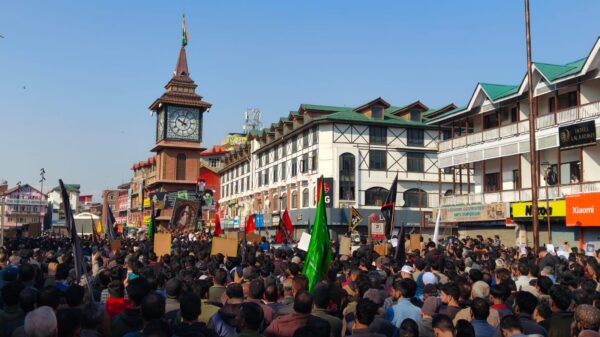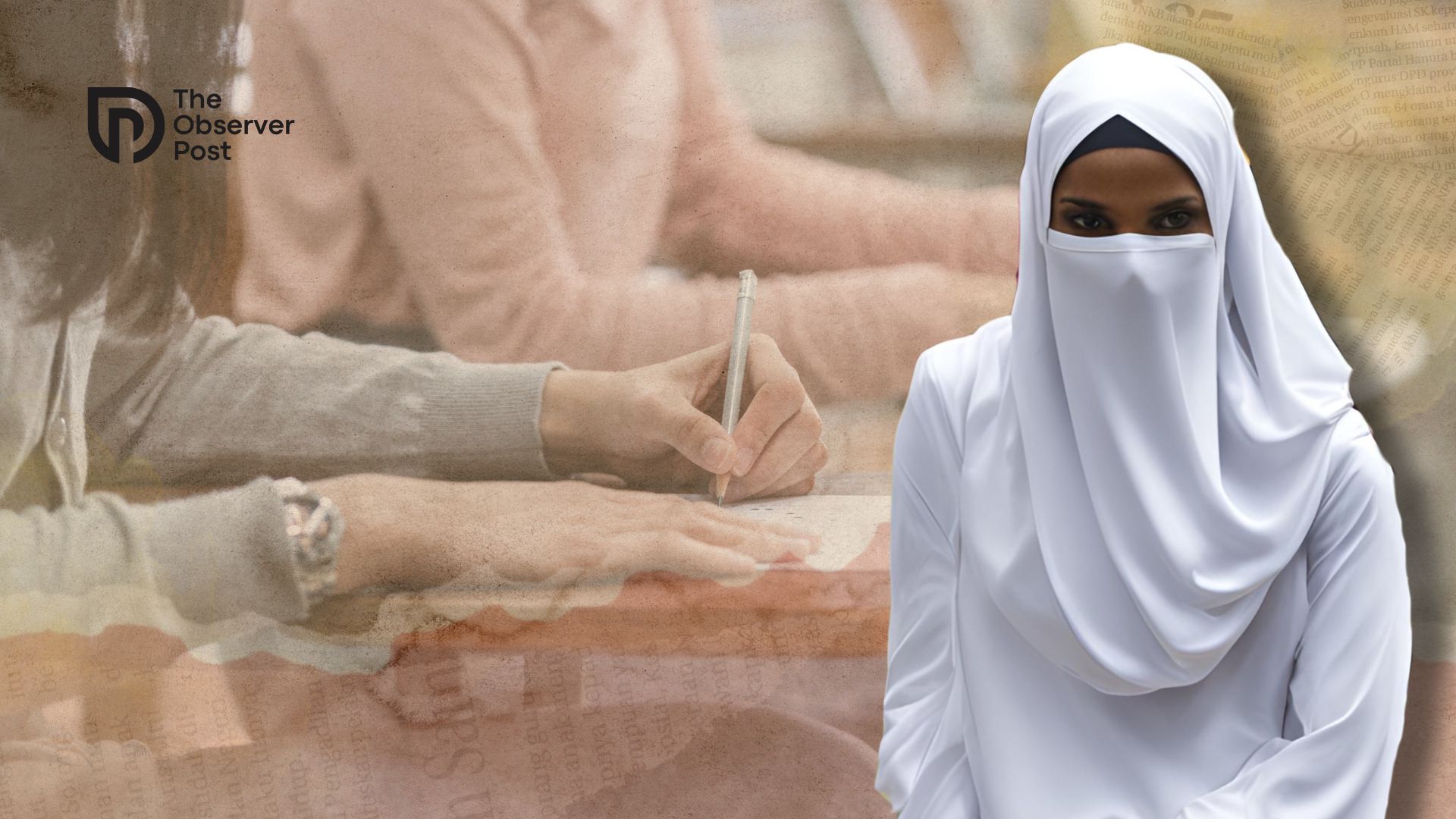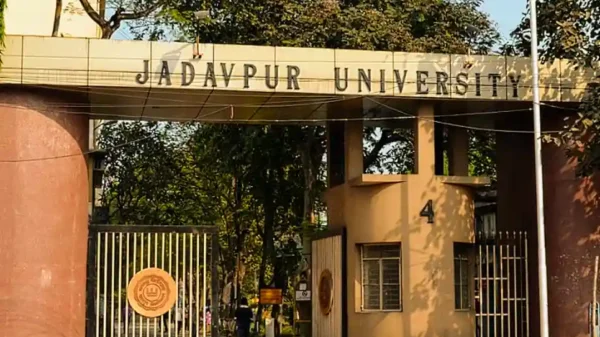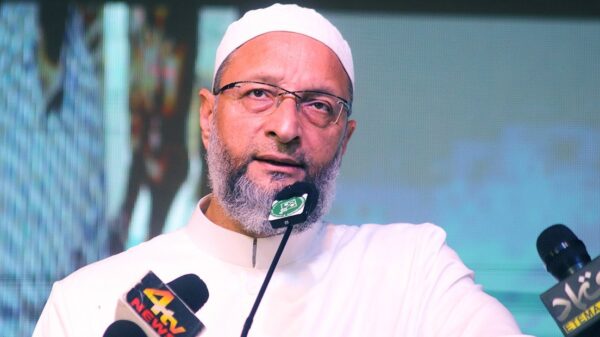By Fathima Kulsum
The exam results of 70 Muslim students are withheld by the authorities because their head coverings were allegedly covering their ears while they attempted exams.
The Advanced level( A level) exams which were held in January were taken by these students. Most of them reside near the eastern city of Trincomalee coming from a poor background.
Although the supervisors allowed them to attempt exams, they are alleged to have worn hijabs in a way that might have allowed them to hide Bluetooth earpieces.
Commissioner General of Examinations Amith Jayasundara said that the rule requiring both ears to remain uncovered throughout the exam duration was established after extensive consultations with various groups, including Muslim religious groups. He mentioned that this rule had been passed in Parliament a few years ago.
“It is not enough to merely show the ears to the examiner when entering the exam hall as we cannot determine whether they will use a bluetooth device afterwards. The rule is to leave both ears uncovered the entire time they are in the exam hall,” Jayasundara told The Sunday Morning.
The education sector has faced similar issues with regards to dress code earlier.
Muslim girls allege that they face obstacles in their own community when it comes to seeking higher education and when they overcome these hurdles they are struck by the blow of anti- Muslim hatred.
A teacher close to the students, who wished to remain anonymous, told The Sunday Morning that the students were wearing shawls wrapped around their heads, not hijabs, ensuring their ears were visible. The students had sat for the exam at St. Joseph’s College in Trincomalee.
“These students move from out of town so they can complete their A/L education at Zahira College. They have spent a lot of time and money for their education, so we expect a response soon,” he said.
Parliamentarian M.S. Thowfeek, representing the Trincomalee District, said that he had discussed the matter with department officials, who stated that the exam results would be released upon Executive Board approval.
Activist Shreen Saroor said that the girls had worn head shawls to ensure their ears were visible. She criticized the penalties imposed, attributing them to anti-Muslim sentiments perpetuated not only by the Sinhala Buddhist majority but also within the Tamil community.
“It is systematic and it penalises Muslim girls systematically. Muslim girls rarely get the chance to sit for the A/Ls, so when they do, they should not face these systematic barriers,” she said.
“Politicians from the area are politicising the issue on Hindutva-Islam communal lines for their own political gains, with elections just around the corner,” she further alleged.
Samagi Jana Balawegeya (SJB) Parliamentarian Mujibur Rahman highlighted an incident in October 2023 at an examination center in Kotahena during principal-appointment examinations.
“Thirteen Muslim women’s results have not been released for wearing the hijab during the principal-appointment exams. However, when they were entering the hall, they had shown their ears to the supervisor. Yes, they had violated the rule of leaving the ears uncovered during the duration of the exam, but the issue here is the supervisor’s attitude.
“The same supervisor who had allowed them to sit the exam after checking their ears on the first day, had raised an issue on the second day. If the supervisor had informed, the women would have followed the rule,” he said.
“They had written the exam trusting the supervisor, but the same supervisor had then said they had violated the rules.”
Human Rights Watch stated that while it’s important for authorities to maintain exam integrity, measures should not unfairly target students based on religion or gender.
“Rigorous searches of all candidates entering the exam room are already in effect in Sri Lanka. Denying these students their A-levels will cause them significant harm, while belying government claims that it seeks harmony and reconciliation among communities,” the rights body said.
“The decision violates the students’ right to freedom of religion and further entrenches discrimination widely experienced by Muslims in Sri Lanka,” it said.
Over the years, Sri Lanka has put regulations on its Muslim community which are held discriminatory. The Government banned the burial of bodies during the pandemic which created chaos in the Muslim community as it is prohibited to burn the bodies in Islam.


































































